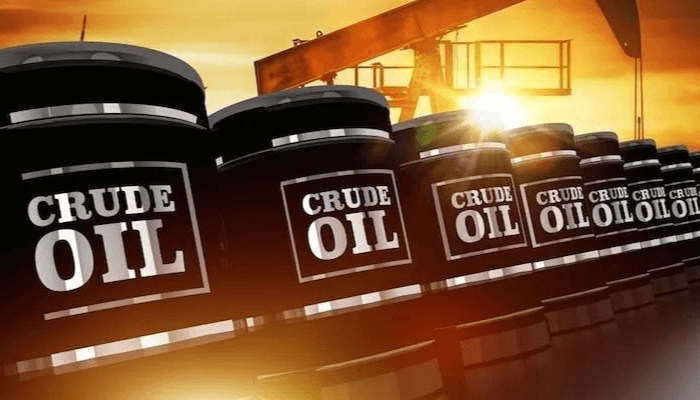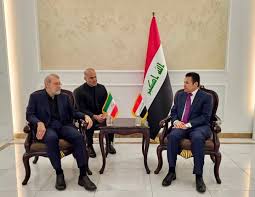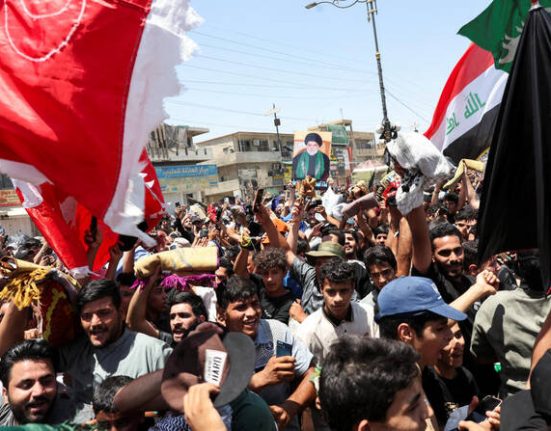The price of Nigerian crude oil has surged closer to the federal government’s 2025 budget benchmark, following a wave of renewed drone attacks on oilfields in Iraq, heightening global supply concerns.
This development comes as Iraq faces its fourth round of assaults on key oil infrastructure in recent weeks, triggering volatility in global crude markets. The instability has led to a spike in international oil prices, with Nigerian crude now approaching the $77.96 per barrel benchmark set in Nigeria’s 2025 fiscal framework.
Energy analysts link the price rebound to heightened geopolitical risks in the Middle East, a major oil-producing region. The attacks in Iraq have raised fears of disrupted output and supply chain bottlenecks, leading traders to turn to alternative sources, including West African blends such as Nigeria’s Bonny Light and Qua Iboe.
For Nigeria, this price movement presents an opportunity to boost oil revenue and ease fiscal pressure, especially as the country battles inflation, exchange rate challenges, and rising public debt. However, experts caution that the temporary price surge may not be sustainable, given fluctuating global demand and production uncertainties.
The Nigerian National Petroleum Company Limited (NNPC Ltd) has yet to release an official statement, but officials within the petroleum ministry say the price trend is being closely monitored as the government continues its efforts to ramp up production to at least 1.8 million barrels per day in line with OPEC targets.
As the global market watches further developments in Iraq, Nigeria may benefit from a short-term windfall if the crude price maintains its upward trajectory.




